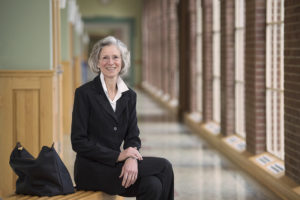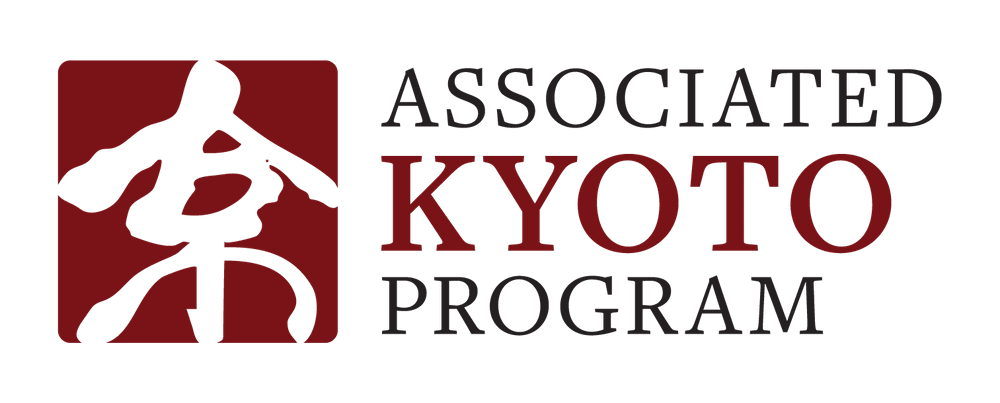
I welcome all of you who will be studying on AKP. Whether you will be in Kyoto for one semester or two, your experience will likely be one which you will remember vividly for many years to come. The AKP faculty and staff will be there to support you in your studies and life with your host families in every way we are able, but you too have a hand in how you shape the future that lies before you.
When you arrive in Kyoto you will begin a new life, face new challenges, encounter ups and downs, thrills and frustration. Your journey will largely depend on the choices you make. Where will you go? What will you discover? David Evans, a life coach, says that most of us are good navigators. Given a pre-set destination, we are resourceful in finding the tools that will allow us to get from point A to point B. Put your coordinates into your GPS and off you go, with confidence and certainty of a good navigator. When you are in Kyoto, however, you will not always have either a Point A or a Point B. What happens then? What do you do when your trajectory is unclear? What Evans proposes is that you become a wayfinder. Wayfinding, he says, means taking one step at a time in a certain direction, trying a few things, making some adjustments, and then doing it again. In other words, you say to yourself, “okay I’m not exactly sure where it is that I want to go, but I’m going to put one foot in front of the other, and if that’s not working, then I’ll figure out what to do.” So, go explore without a particular destination or objective in mind; open yourself to whatever the day brings you; put yourself in the way of the uninvestigated and wayfind your way through.
I hope that you will cultivate the wayfinder in you during this Japanese odyssey upon which you are about to embark. It will serve you well in language study, homestay life, exploration of the city and making friends. It will lead you to places you never thought you would go.
That said, it is always prudent to prepare as best you can for your journey. Spend time this summer practicing your Japanese. Review what grammar, vocabulary and kanji you have already learned, go online to listen to whatever Japanese you can find. Watch anime, listen to J-pop, watch a Japanese Youtube video. I also recommend reading Kyoto: A Cultural History by John Dougill. It is a fine, compassable book that provides a well-considered, assessable survey of Kyoto’s history. It offers cultural background that everyone visiting Kyoto should know in order to be able to appreciate more fully the ancient and the modern aspects of the city.
Also, please read this handbook cover to cover as part of your preparation for departure. It is designed to give you concrete information and practical advice about the program, what you can expect while abroad and what your obligations are. All of this will help you both pre-departure and as you transition to your new life. Upon your arrival in Kyoto, there will be a three-day orientation during which we will prepare you further and field any questions you might have.
I look forward to working with all of you, and hope that you bring eagerness and mindfulness to this unique AKP experience.
Elizabeth Armstrong
2019-2020 Resident Director
